A review by Defra into the operations of British Wool has concluded that moving it out of the public sector would benefit both the organisation and its members.
The Defra review notes that this change is also supported by the board of British Wool, who believe that once recommendations are delivered, and the wool market had time to stabilise post COVID-19, “they will be in a stronger position to become independent of government”.
The British Wool Marketing Board was established by legislation in 1950. The British Wool Marketing Scheme Order requires it to collect the UK wool clip each year and to return market value to farmers, less overheads.
In effect, British Wool works to the same principles as a farmer co-op.
The legislation also sets out the relationship with government, including that independent members to the board of British Wool are jointly appointed by ministers.
Despite that link, British Wool (and its partner Ulster Wool) are self-funded and effectively operate separately from government.
It is currently classed as a “public, non-financial corporation”. However, there are some restrictions around how British Wool can use its funds, with the Defra review acknowledging that this financial arrangement is “not fit for purpose”.
The government was also approached by British Wool to take liability for, or provide financial support, to reduce its pension deficit, which in the latest accounts stood at around £2m.
However, the Defra review makes clear that “government has no liability for the deficit, which must be managed by the organisation”.
Supportive
Commenting on the review, Brendan Kelly, the chair of Ulster Wool, said the board were supportive of the key recommendations made by Defra. “Modernising the 1950 Order is long overdue and will allow British Wool to better serve members by bringing in external expertise and drive further efficiencies in the organisation,” he said.
Read more
Industry proposes £15/ewe payment
Tail docking: keeping it short and neat
A review by Defra into the operations of British Wool has concluded that moving it out of the public sector would benefit both the organisation and its members.
The Defra review notes that this change is also supported by the board of British Wool, who believe that once recommendations are delivered, and the wool market had time to stabilise post COVID-19, “they will be in a stronger position to become independent of government”.
The British Wool Marketing Board was established by legislation in 1950. The British Wool Marketing Scheme Order requires it to collect the UK wool clip each year and to return market value to farmers, less overheads.
In effect, British Wool works to the same principles as a farmer co-op.
The legislation also sets out the relationship with government, including that independent members to the board of British Wool are jointly appointed by ministers.
Despite that link, British Wool (and its partner Ulster Wool) are self-funded and effectively operate separately from government.
It is currently classed as a “public, non-financial corporation”. However, there are some restrictions around how British Wool can use its funds, with the Defra review acknowledging that this financial arrangement is “not fit for purpose”.
The government was also approached by British Wool to take liability for, or provide financial support, to reduce its pension deficit, which in the latest accounts stood at around £2m.
However, the Defra review makes clear that “government has no liability for the deficit, which must be managed by the organisation”.
Supportive
Commenting on the review, Brendan Kelly, the chair of Ulster Wool, said the board were supportive of the key recommendations made by Defra. “Modernising the 1950 Order is long overdue and will allow British Wool to better serve members by bringing in external expertise and drive further efficiencies in the organisation,” he said.
Read more
Industry proposes £15/ewe payment
Tail docking: keeping it short and neat




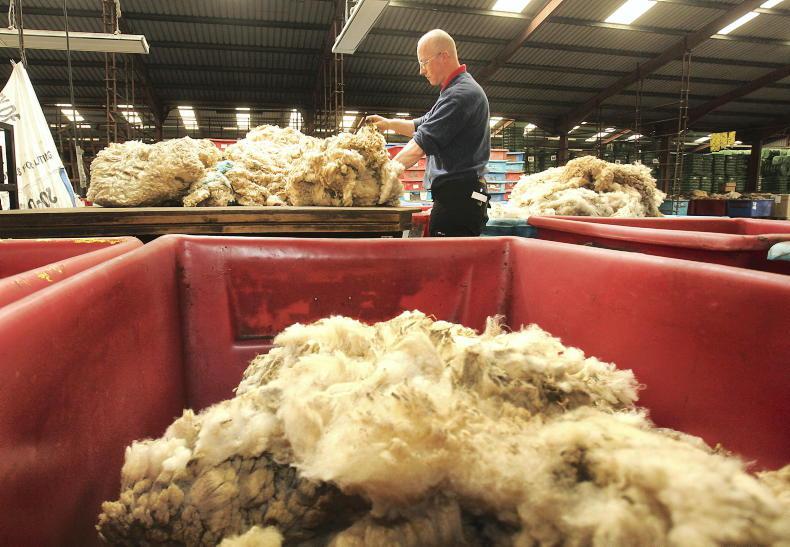
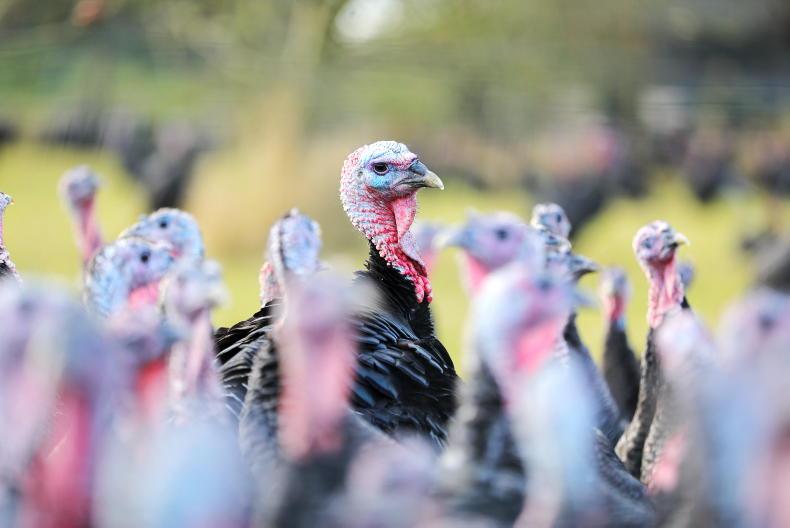

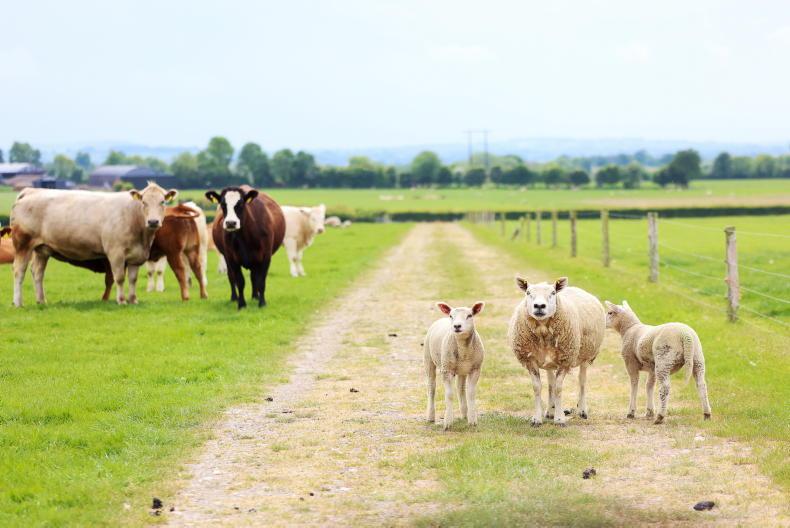
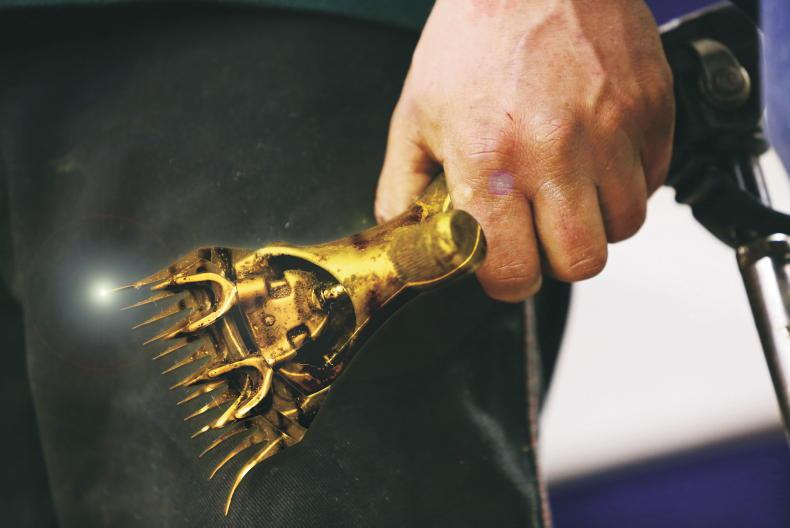
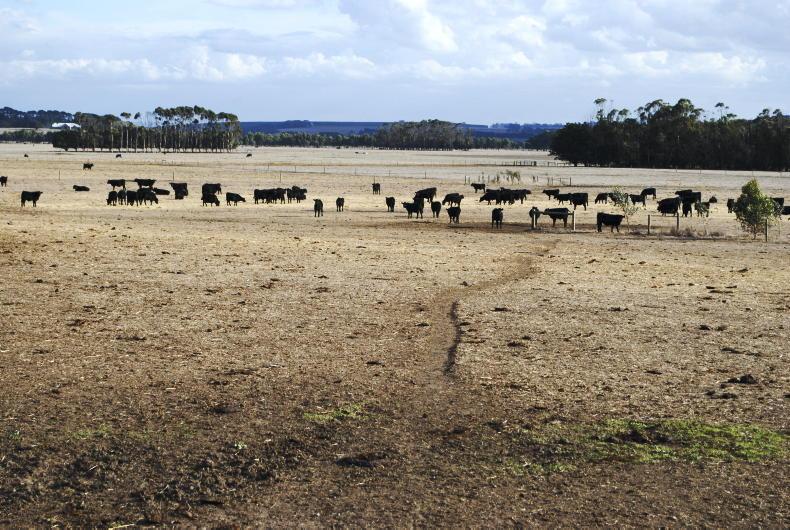
SHARING OPTIONS